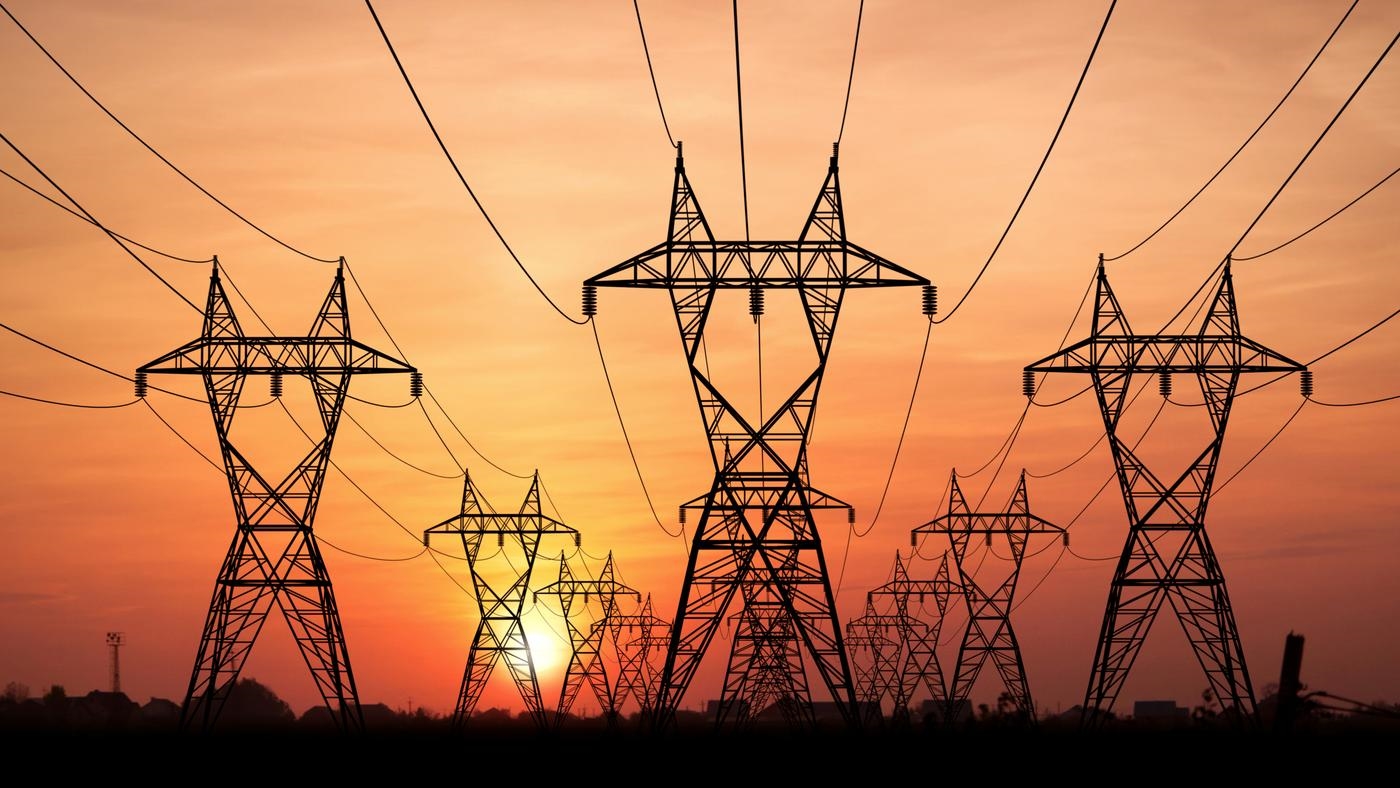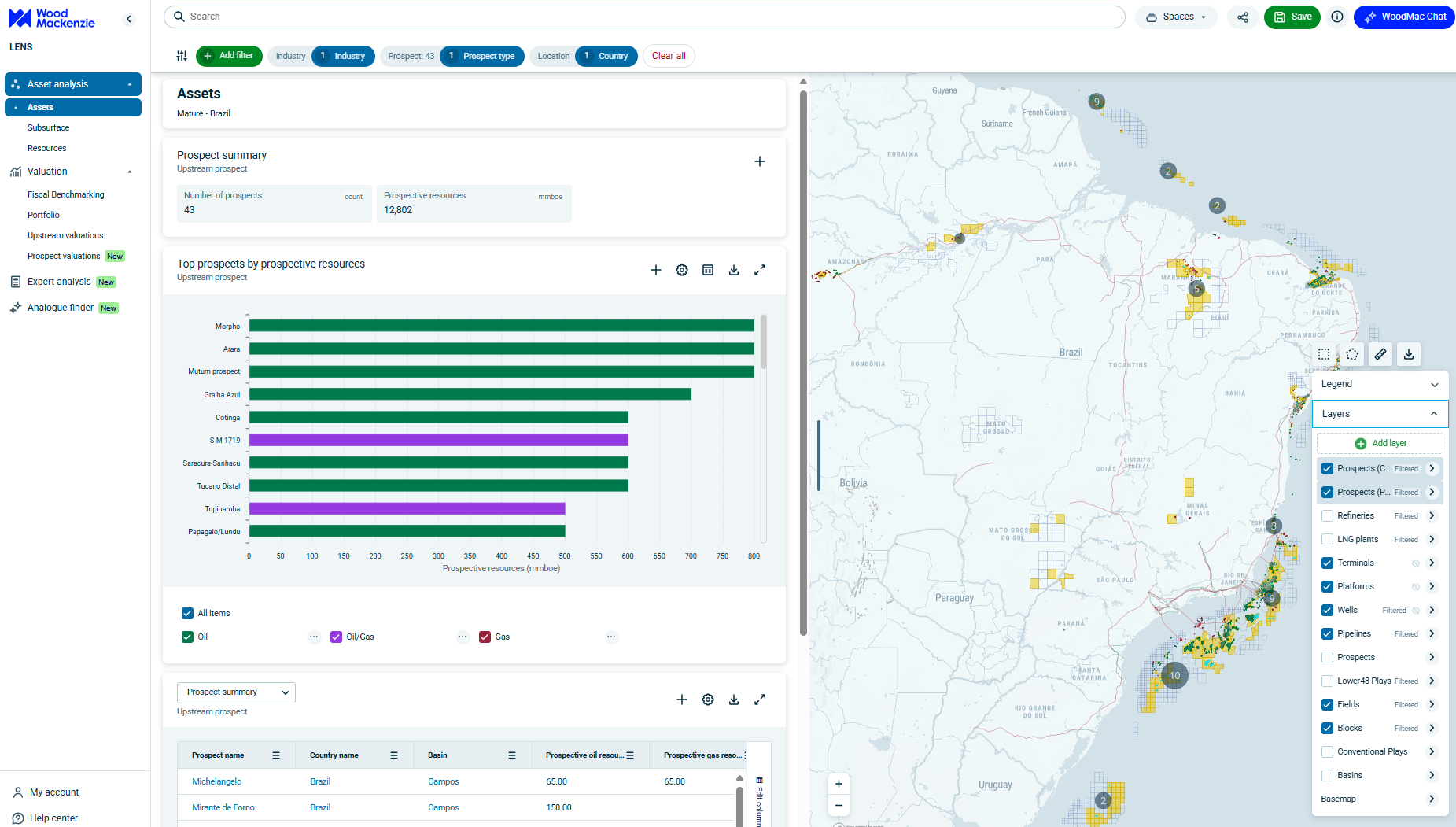Market Insights
What are the natural resources industry's biggest stories – and what do they mean for you? Bookmark this page to get the latest news and views from our global experts.
Recommended reading
Based on your interactions with our content we think this could be your next read
